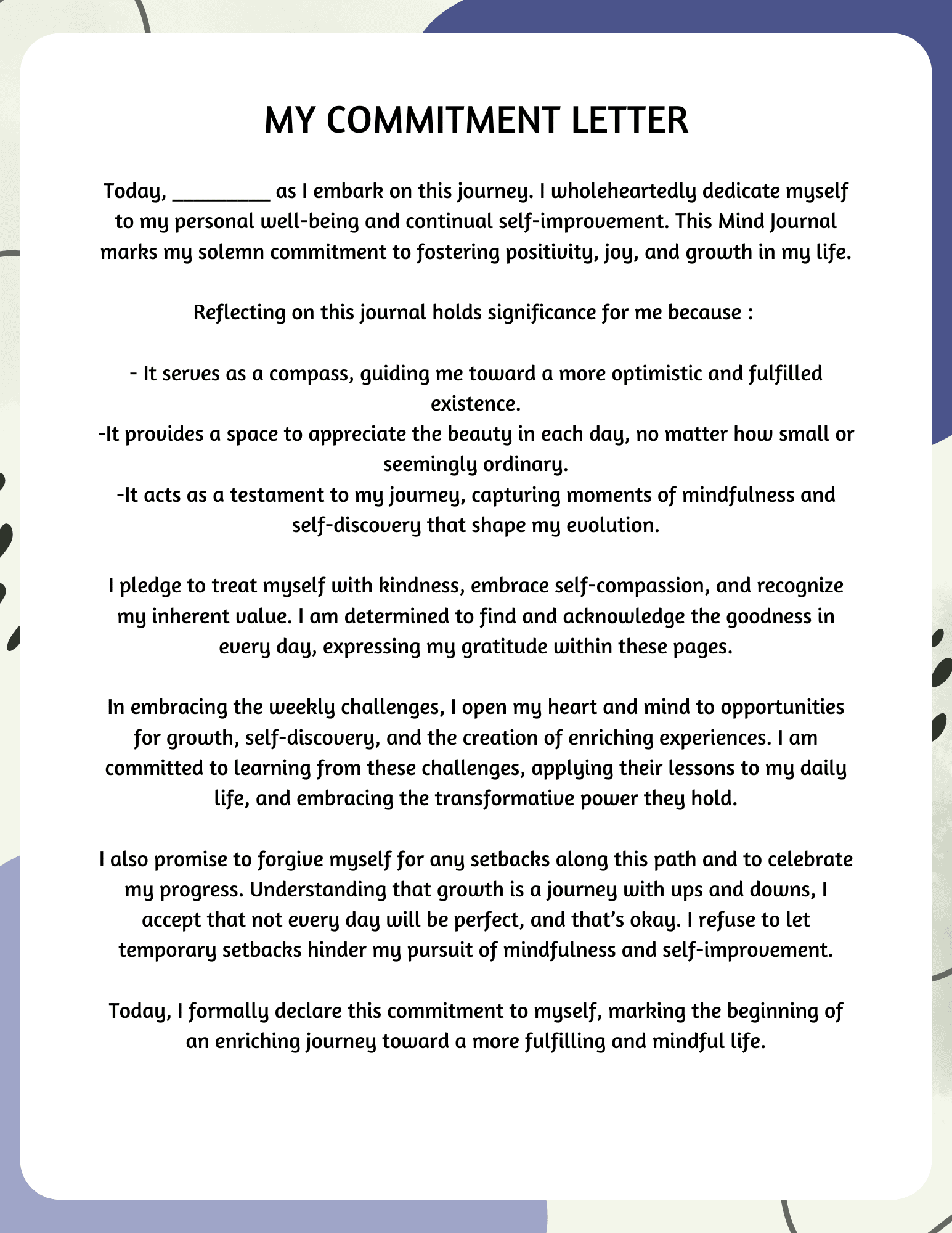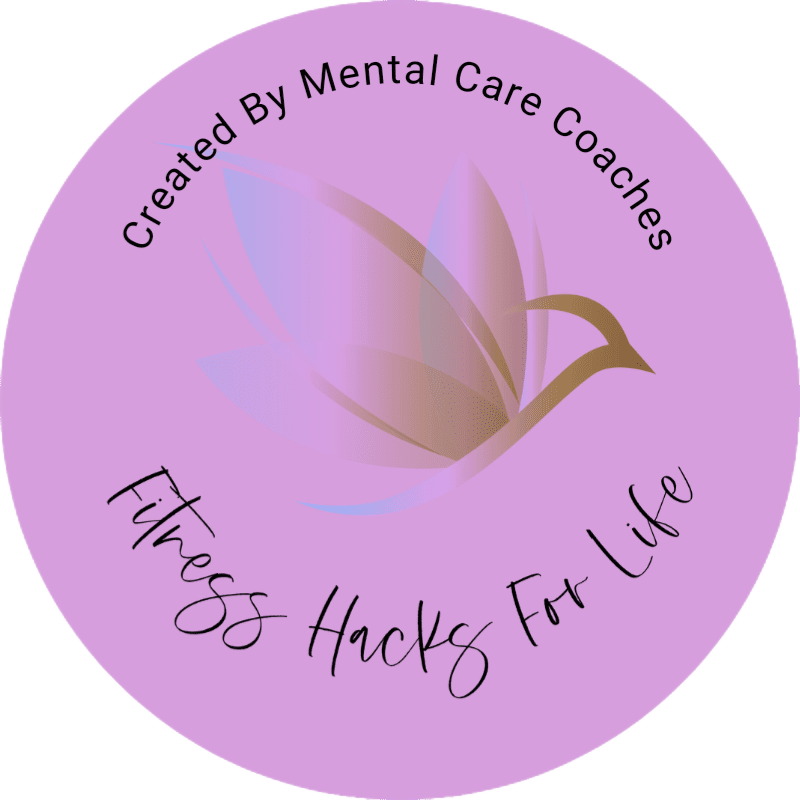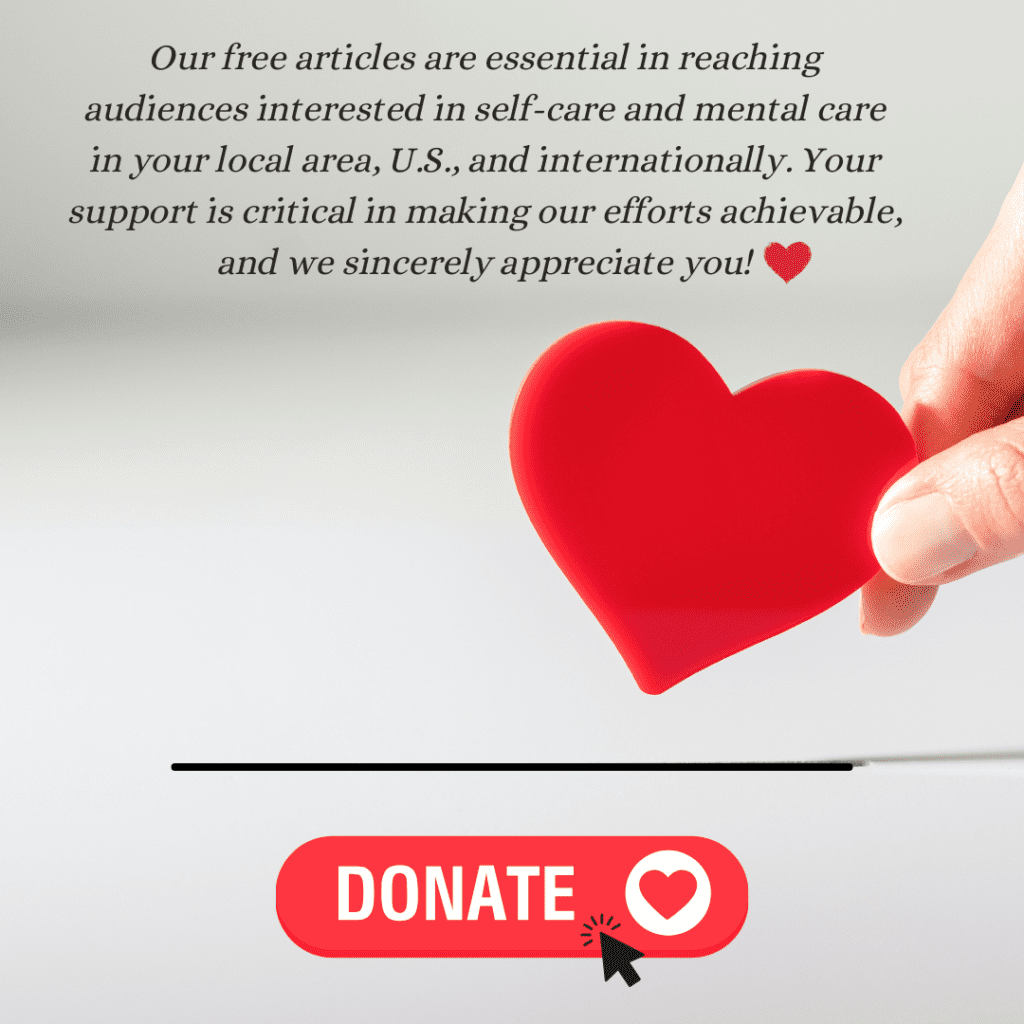Self Esteem
$7.99
📝 Self-Esteem Journal (Downloadable PDF)
Build Confidence from the Inside Out
Struggling with negative self-talk or self-doubt? The Self-Esteem Journal is your guided path to rediscovering your worth, strengthening your mindset, and developing unshakable inner confidence—one reflection at a time.
This downloadable, easy-to-use PDF is designed to help you rewire limiting beliefs, track your personal growth, and speak to yourself with compassion and clarity.
💡 Inside You’ll Find:
-
✍️ Daily confidence-building prompts
-
💬 Guided affirmations for self-love
-
📈 Weekly check-ins to track your progress
-
❤️ Exercises based on cognitive behavioral psychology
-
🧠 Space to explore your strengths, goals, and values
Whether you’re on a healing journey or want to boost your inner voice, the Self-Esteem Journal gives you the tools to build a mindset rooted in self-worth, not perfection.
✅ Digital. Printable. Empowering.
Start your journey today. Download the Self-Esteem Journal and take the first step toward becoming your most confident self.

26 reviews for Self Esteem
Related Product
- Quick View
- Select options This product has multiple variants. The options may be chosen on the product page

















Emma H. –
“This journal has truly helped me to track my thoughts and reflect deeply, boosting my self-esteem significantly.”
James R. –
“Each page is a step towards greater self-esteem. I love the structured reflection exercises!”
Sarah W. –
“The gratitude exercises have changed my perspective on life. I feel more positive and confident each day.”
Mike D. –
“This journal has been crucial in my journey of personal growth. The goal-setting activities help me stay focused on my aspirations.”
Sophia T. –
“Every page is thoughtfully crafted to nurture self-esteem. It’s like having a daily coaching session!”
Brandon L. –
“I’ve discovered so much about myself through the daily reflections. It’s an invaluable tool for anyone looking to grow.”
Chloe S. –
“Starting my day with this journal sets a positive tone for the whole day. It’s been a game-changer for my mental health.”
Daniel K. –
“The structured way to track thoughts and emotions has helped me manage my anxiety. I feel more in control now.”
Olivia P. –
“Not only is the journal beautifully designed, but the exercises also make it incredibly useful for self-improvement.”
Ethan J. –
“This journal is my go-to for daily motivation. The gratitude exercises remind me of the good in my life.”
Grace F. –
“I’ve always struggled with journaling, but the prompts in this book make it easy and beneficial.”
Henry M. –
“Anyone serious about personal development should have this journal. It’s packed with valuable exercises.”
Amelia B. –
“Every entry helps to uplift and empower my spirit. I’ve noticed a big boost in my self-esteem since starting.”
Luke V. –
“The structure of this journal is supportive and guides you gently towards a positive mindset.”
Nora H. –
“Using this journal daily has enhanced the quality of my life, making me more mindful and appreciative.”
Isabella A. –
“It’s amazing how this journal lifts my spirits. The exercises are simple yet profoundly effective.”
Mason G. –
“I’ve experienced real changes in my confidence and outlook since I began journaling here.”
Lily C. –
“The layout is user-friendly, making it easy to dive right into effective self-reflection.”
Charlotte Y. –
“High-quality cover and paper, making the experience of writing very enjoyable.”
Logan E. –
“The prompts are not only helpful but also gentle, making you feel supported in your journey.”
Aria T. –
“This journal encourages deep reflection which has helped me understand my patterns and grow.”
Zoe S. –
“Each page motivates and inspires me to be better, pushing me gently towards my goals.”
Wyatt U. –
“I’ve never been great at setting goals, but this journal makes it easy and achievable.”
Ava Q. –
“It has become my daily companion. I look forward to my time with this journal every morning.”
Oliver P. –
“My mental clarity has improved since I started using this journal. It helps sort out the clutter in my mind.”
Harper Z. –
“Writing in this journal is my stress relief. It calms me down and sets me straight for the day.”